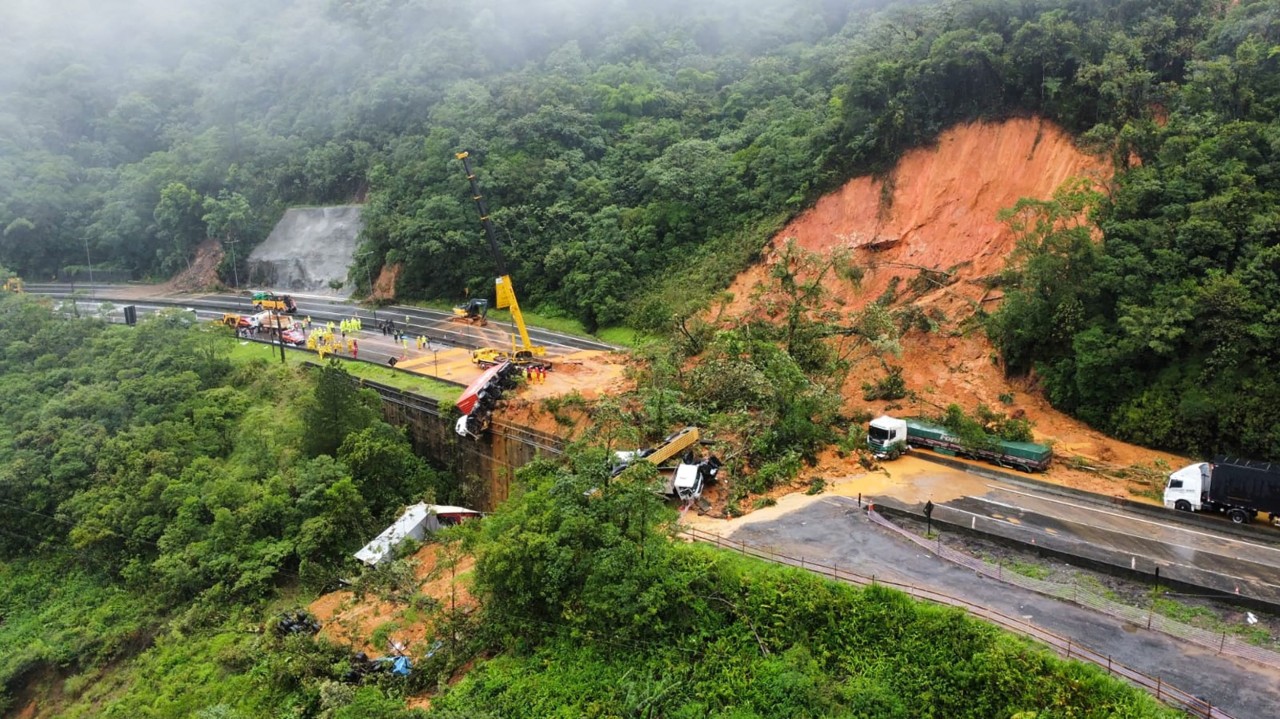
Causes and Effects of landslide
Landslides are natural disasters that occur when masses of soil, rock, and debris slide down a slope. Landslides can occur anywhere in the world, but they are particularly common in mountainous regions and areas with steep slopes. Landslides can have devastating effects on human lives and infrastructure, causing fatalities, injuries, and significant economic losses. In this article, we will discuss the causes and effects of landslides.
Causes of Landslides:
- Heavy Rainfall: Heavy rainfall can saturate the soil and cause it to become unstable, leading to landslides. This is particularly common in areas with poor drainage systems.
- Geological Factors: Geological factors such as steep slopes, unstable rock formations, and weak soil structures can also contribute to landslides.
- Human Activities: Human activities such as construction, mining, and deforestation can weaken the soil and cause landslides. Excavation of slopes can also destabilize the soil and trigger landslides.
- Earthquakes: Earthquakes can cause landslides by shaking the ground and destabilizing slopes.
Effects of Landslides:
- Loss of Life and Property: Landslides can cause significant loss of life and property. They can bury houses, roads, and other infrastructure, causing fatalities and injuries. In some cases, landslides can completely destroy entire communities.
- Environmental Damage: Landslides can also cause significant environmental damage. They can alter natural watercourses, leading to flooding and erosion. Landslides can also damage ecosystems by destroying vegetation and wildlife habitats.
- Economic Impacts: Landslides can have significant economic impacts. They can disrupt transportation systems, causing delays and increased transportation costs. They can also damage buildings and infrastructure, leading to costly repairs.
- Social Impacts: Landslides can have significant social impacts. They can displace communities, leading to social disruption and psychological stress. Landslides can also disrupt access to healthcare and education, leading to long-term social consequences.
Conclusion:
Landslides are a significant natural hazard that can have devastating effects on human lives, infrastructure, and the environment. Understanding the causes and effects of landslides is crucial for developing effective strategies for prevention and mitigation. Governments and communities can work together to develop early warning systems, improve land-use planning, and reduce the impact of human activities on the environment. By taking proactive measures, we can reduce the risk of landslides and their devastating effects on society.